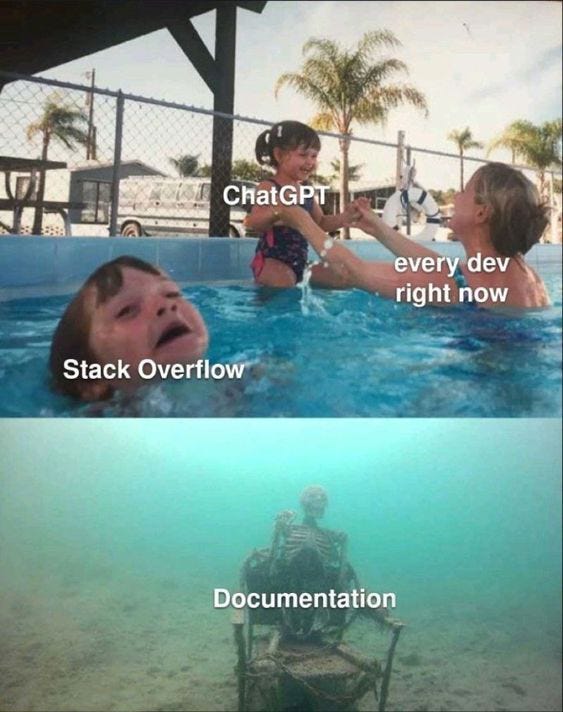Improving human communication using AI prompt strategies
We are all learning the best prompts for AI, but what if there were lessons to be learned when it comes to prompting humans?
I took my son to get a haircut yesterday.
He is 12, in middle school, and a bad hair cut is basically social suicide.
He anxiously asked me what to say to get the style he wanted.
What would you say? What did I say?
Nothing. Instead we picked pictures that communicated exactly what he wanted. In the end, I saw that smirk as he looked at himself in the mirror and he remains as cool as ever.
It’s not just haircuts that require us to be careful and precise when asking for what we want. One thing we are all learning with AI; the words we use, the auxiliary files and images we share, the context we provide, will all affect the outcome.
The results we will get with both AI and humans are directly proportional to our ability to:
Know what we want
Accurately communicate what that is
It may seem like a no-brainer to “know what we want” but how many times do we start communicating and we actually aren’t sure of what we want? If we don’t even know with clarity what it is we are asking for, how can we hope to prompt others effectively?
Here are a few things I’ve learned from my research into AI prompting skills that I believe can cross over to human interactions. By implementing these tips you can learn to more clearly ask for what you want, and find yourself more likely to get it.
1) Giving Context is KEY
It’s not enough to say : I want a cool haircut.
When it comes to a strong AI prompts, giving context is a MUST…who am I, who do I want the bot to act like, what kind of format do I want the answer to be in and any other preferences, are all details that must be included.
This is true for human interaction as well. When I slow down and explain the context to those I am working with or trying to get something from, I am always rewarded with better input especially because I allow them to bring in solutions I may have not been thinking of.
2) If at first you don’t succeed, restart the game, try again
One of the most fascinating observations about those generations who grew up with video games, is our comfortability with trying different approaches over and over again, because even if our avatar “dies” we can always restart the game, get new lives and try again - this time, with new ideas because we have learned from what didn’t work.
Persistence is a skill (my parents may have called it stubbornness, but I prefer to see it as a virtue) that can be easier to have with computers and more difficult to have with humans.
When I am having difficulty communicating with a person, or I can tell they aren’t understanding me, it’s not uncommon for me to label that person “difficult” or “they just don’t get it” or take things personally. I can be so quick to give up on the whole thing. “I’ll just do it myself!”
I wonder, if I could see each attempt at communicating with another person as a another attempt to “clear this level” and even if I fall into the proverbial pit of lava, I can always restart from he beginning, try another approach and gain the skills I need to complete the mission.
3) Take responsibility for your prompting skills (or lack thereof)
When I don’t get the results I want from AI, I never get mad at AI. I simply assume it was my prompts that were insufficient and I need to take more time to train the AI to understand what I want.
However, when it comes to other people, I don’t always give them that benefit. Sometimes I assume other people should read my mind, think the way I think, and understand what I want from just a few words.
I am learning, in my interactions with other people, to take more responsibility around communicating clearly. I am taking more time to confirm mutual understanding before moving on.
By implementing these simple AI prompt approaches to interpersonal communication, you will find greater ease and a higher “success rate” to your requests, because no one wants to enter prompts unsuccessfully over and over again - not with AI and especially not with the people we live and work with.
AI Tools - Practical Insights from Real Devs
In the AI Skills Development channel at Clevertech, we have been sharing some of our favorite AI prompt guides and resources. Here are a few we love:
GitHub’s Awesome ChatGPT Prompts
Directory of AI tools organized by topic
Article: 7 Gems from ChatGPT’s Dev Docs
Do you value location independence, working with highly skilled teams and receiving ongoing coaching in career development?




